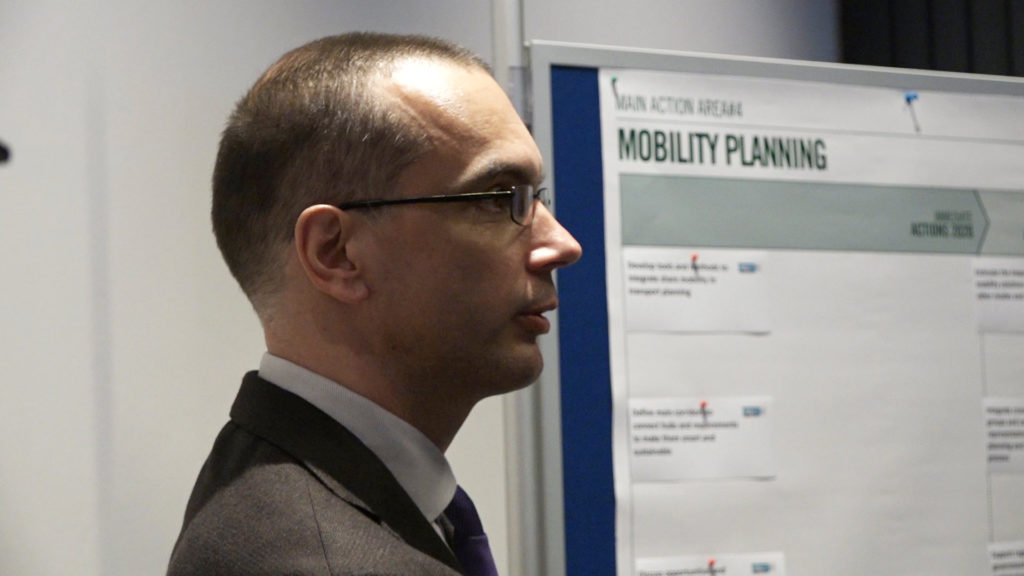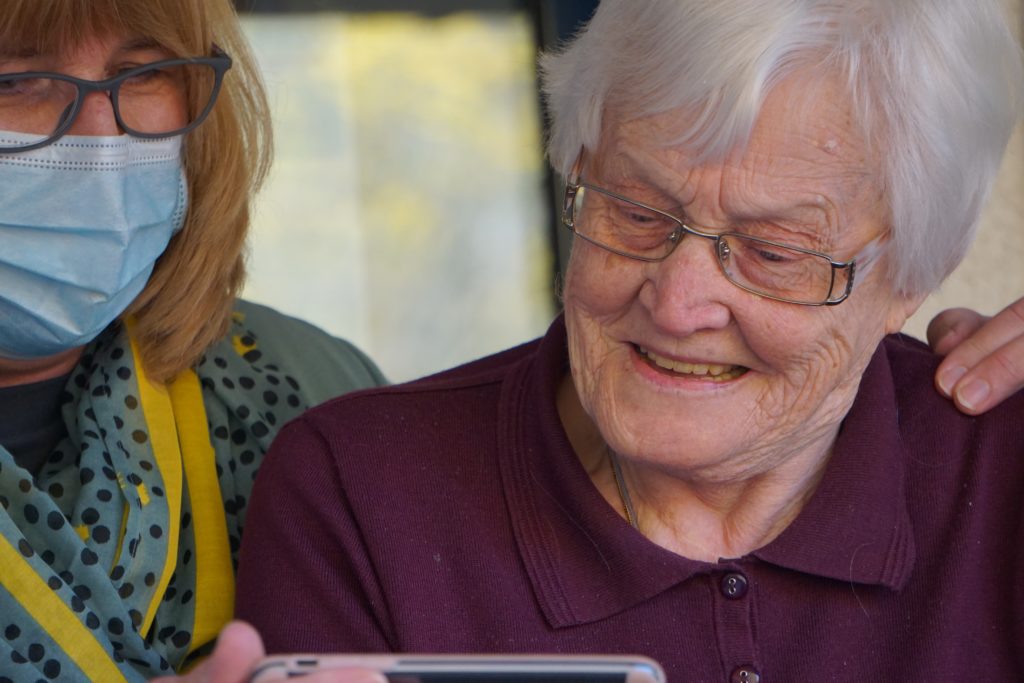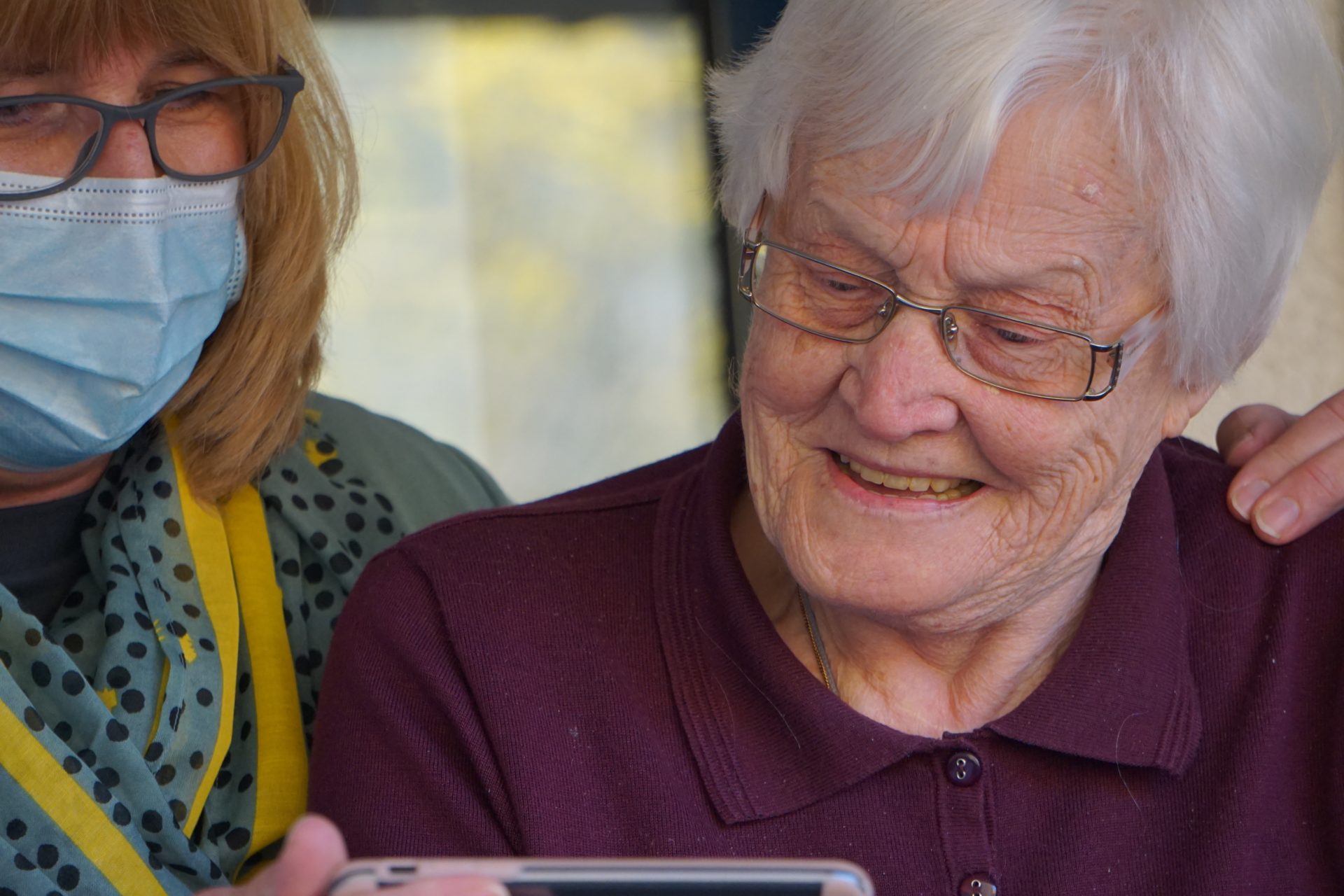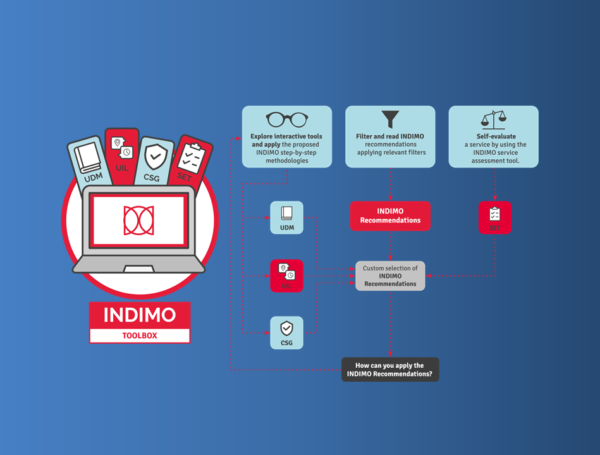by Sandra Lima – European Passengers’ Federation
INDIMO: a first step towards digital inclusion
Breaking the barriers of digital mobility is not something that happens overnight. Nonetheless, INDIMO’s outcomes will help to guide this change. As mobility services become more digitalised, the gap in access to mobility alternatives also increases. This challenge inspired Imre Keserü, project coordinator and researcher at VUB-MOBI, to write the INDIMO project together with several partners from Europe.
“Digitalisation makes a lot of things more comfortable and accessible, but more digitalised services can also leave many people out of its advantages”, clarifies Imre.

Notably, the most recent mobility solutions are focused on a highly digitalised target group. Taking the example of free-floating car sharing in Brussels, we clearly see that most of its users are people that have great affinity with technology, that understand and use apps regularly, that have the best smartphones to support these apps and that have access to credit card payments.
Yet, this is not the reality of most people. Data from Eurostat show that 42% of the population in Europe lacks basic digital skills and that around eighty million Europeans have never used the Internet. This considered, the societal gap will only increase for vulnerable groups, where people who are already in a difficult economic situation will not able to take a bus to work because they don’t own a credit card, a smartphone or another cashless payment method, for example.
Creating tools to introduce minimum requirements of accessibility in digital mobility
INDIMO’s partnership grew from the need to bridge the digitalisation gap in mobility. The consortium has as first objective that of understanding the needs of the identified vulnerable groups, understanding such group composed by those who are at risk of exclusion from digital mobility due to any kind of usage barriers and those who choose not to use digital services for other reasons.
Based on those needs, the consortium will focus on developing the guidelines for inclusive services. This will result in a Toolkit containing tools to help developers, policy makers and service operators to develop and implement accessible and inclusive mobility solutions. The Toolkit will be then tested in five pilot locations.
The partnership wants to target both developers and companies responsible for digital mobility systems and policy makers:
“Targeting policy makers (local, regional, national authorities) is very important as they are the ones who can introduce minimum requirements of accessibility as a new norm…”, explains Imre, “Often new mobility services are developed by start-ups that have a primary objective of making profits and, by that, target their services at users who make this possible, postponing accessibility requirements… Luckily, we are seeing more and more companies and start-ups open to new ideas for accessibility, as our pilot partner door2door.”
Moreover, INDIMO will pay close attention to cybersecurity. The on-line security of customers is particularly important for the groups INDIMO is targeting, who are often less experienced in using apps and can be a target for cybercriminals.
COVID-19: a barrier and an opportunity
The first months of the project were struck by a new reality that is now familiar to all of us: a pandemic that forced countries into a standstill like never seen before.
“COVID-19 affected INDIMO in two ways: on the one hand, we had to adapt our approach to fit the new conditions (for example, we couldn’t have face-to-face interviews, which was difficult when trying to reach people not connected digitally); on the other hand, this was an opportunity for digitalisation in mobility”.
Without a doubt, digitalisation was crucial during the COVID-19 lockdown. With the restrictions on freedom of movement the need for digital mobility grew. This led to a rise of innovative services that answered people’s needs at the time. For example, INDIMO’s pilot partner in Madrid started helping elderly people getting their groceries by making food delivery services available. This new wave of digitalisation can have counterproductive effects in digital inclusion, as services and payments become more and more digital, many can fall in even greater exclusion.
Ultimately, INDIMO wants to prevent these adverse consequences, by creating a blueprint for digital mobility for the future. Imre hopes that the project is able to feed into future policies and strengthen the access to digital services. Nevertheless, INDIMO will only be the first step towards digital accessibility and inclusion. Digitalisation will continue and new services and new challenges will appear, thus, more efforts for adapting and updating the blueprint to match current innovation will be needed.

credits: Georg Pflueger via Unsplash
Follow INDIMO:Twitter LinkedIn Subscribe to our Newsletter: Newsletter




